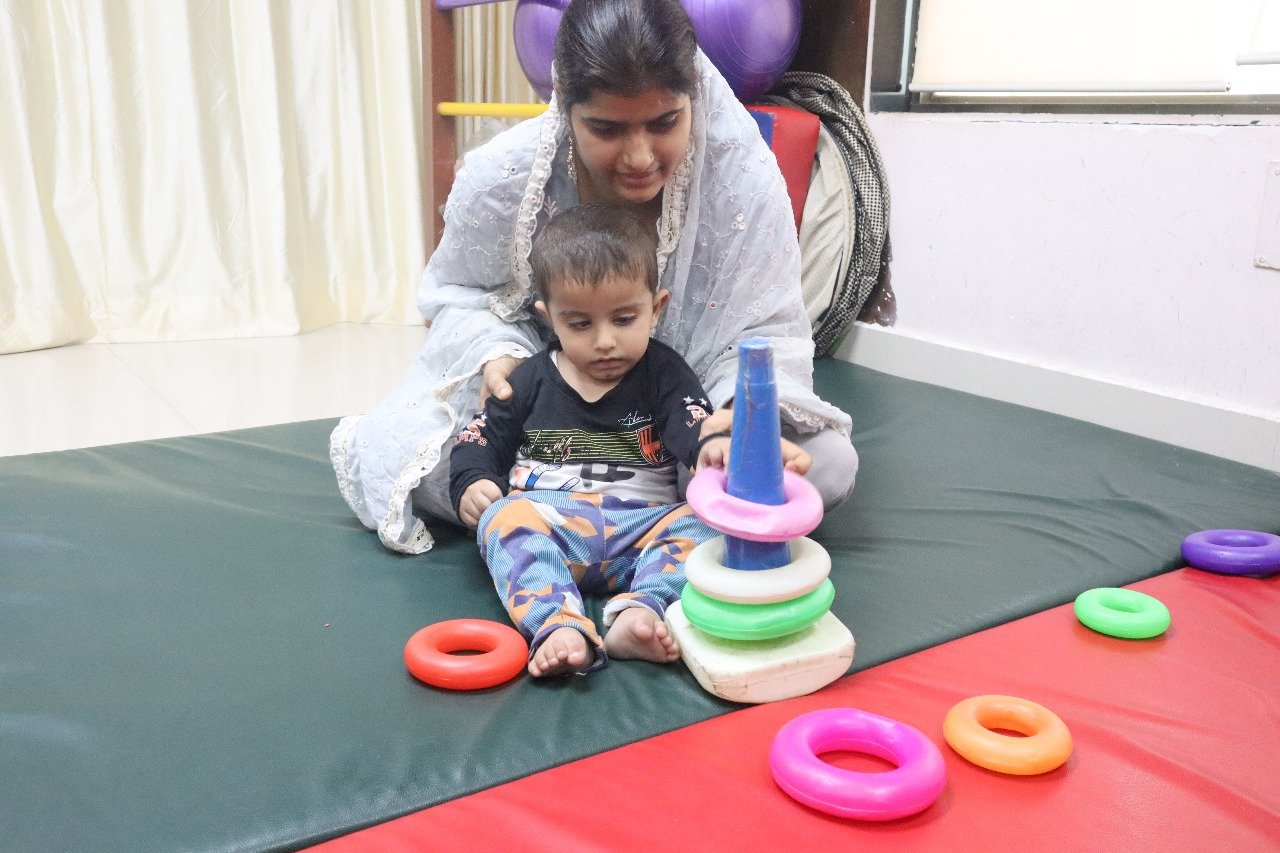There is no item in your cart
- drseema@mommietherapist.com
- 2, Beach Avenue Mehrotra Compound
Sadar Cantt Jabalpur. (M.P)
- Home
- About
- Services
- Individual Counseling
- Group Counseling Sessions
- Child & Adolescent Therapy
- Play Therapy
- Cognitive Behavioral Therapy (CBT)
- Behavior Modification Therapy
- Psychometric Testing (Stream Selection & Aptitude)
- IQ Testing
- Neurological & Psychological Assessment
- Projective Tests
- ASD & ADHD Management
- Use of Psychological Rating Scales for Mental Disorders
- Community-Based Mental Health Support (School & Student Development)
- Assessment & Diagnosis of Behavioral and Emotional Issues
- Blog
- Contact
- Payment
IQ Testing
- Home
- IQ Testing

IIQ Testing, or Intelligence Quotient testing, is a standardized method used to assess an individual's intellectual capabilities in comparison to the general population. These assessments are valuable tools in understanding how a person processes information, solves problems, learns new skills, and applies logical reasoning. IQ testing is widely used for children, adolescents, and adults to evaluate cognitive development, academic potential, and mental functioning.
In educational and clinical settings, IQ tests are often used to identify giftedness, learning difficulties, intellectual disabilities, or developmental delays. They also help in diagnosing conditions such as Attention Deficit Hyperactivity Disorder (ADHD), Autism Spectrum Disorder (ASD), and other neurodevelopmental concerns.
The IQ testing process typically involves a series of tasks or questions designed to measure various cognitive domains, including:
Verbal comprehension (understanding and using language)
Logical reasoning (identifying patterns and solving problems)
Working memory (holding and using information temporarily)
Processing speed (how quickly one can understand and react)
Visual-spatial abilities (understanding shapes, patterns, and space)


Popular standardized IQ tests include the Wechsler Intelligence Scale for Children (WISC), Stanford-Binet Intelligence Scales, and Raven’s Progressive Matrices, depending on the age and purpose of testing. These are administered by trained psychologists in a controlled, supportive environment.
After the test, a detailed report is provided that includes the overall IQ score as well as insights into the individual's strengths and weaknesses across different cognitive areas. This information is especially helpful for tailoring educational support, setting realistic academic goals, or planning suitable career paths.
IQ testing is not just about labeling a number. It is about understanding a person's learning style, potential, and needs. For gifted students, it helps in identifying enrichment programs or acceleration opportunities. For students with learning challenges, it guides the creation of individualized education plans (IEPs) and helps secure special accommodations in school.
At our clinic, IQ assessments are conducted in a child-friendly, stress-free manner. We ensure that each child feels comfortable and supported throughout the process. Parental counseling is also provided to help families interpret the results and plan the next steps.
When used appropriately, IQ testing can be a powerful tool for early intervention, academic planning, and personal growth.






